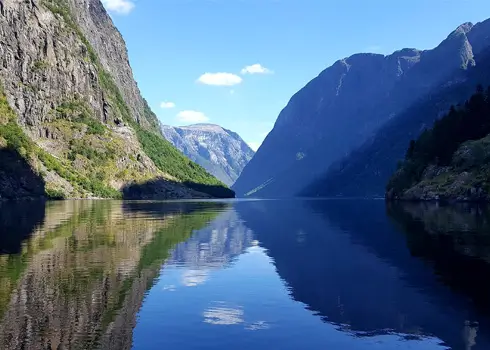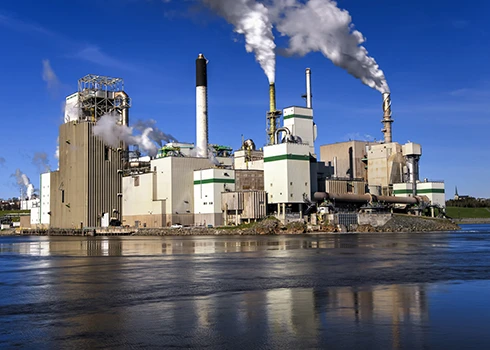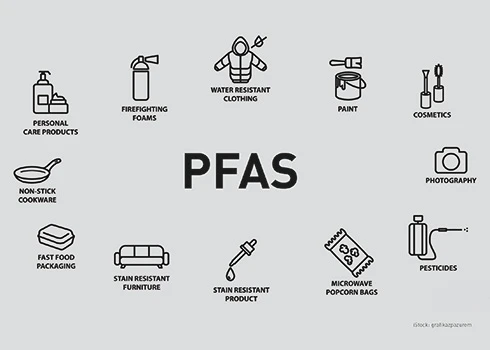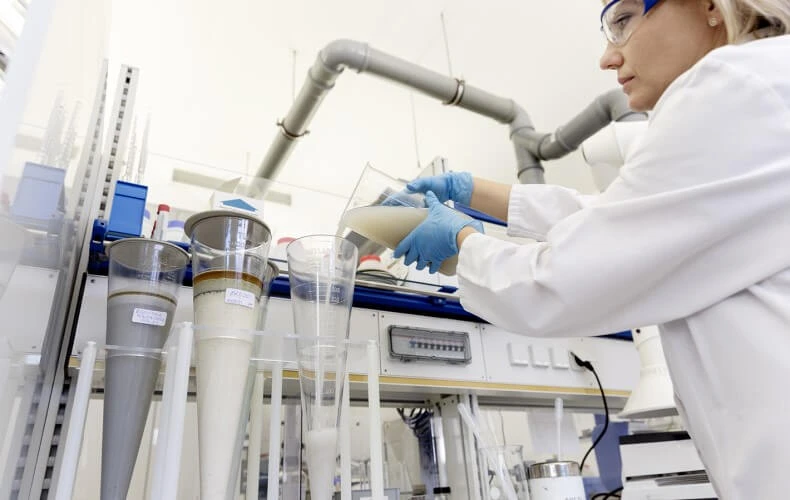Contact us
"An investment in knowledge pays the best interest." - Benjamin Franklin already knew that 200 years ago. That is why we would like to share our expert knowledge with you: Here in our guidebook! On this page you will find informative explanations and interesting facts about wastewater, such as functional descriptions and comparisons of different technologies and processes. Practical and comprehensible. We hope you enjoy browsing and informing yourself!
Clean water is an extremely valuable resource whose availability is becoming increasingly scarce worldwide. It is therefore essential in the long term to take measures to use water as sparingly and efficiently as possible. One promising solution in this context is the Zero Liquid Discharge (ZLD) process.


Sustainability is one of the most important and wide-ranging issues of our time. Industry is also increasingly focusing on the sustainable use of resources. As a result, more and more industrial companies are facing the challenge of combining their ecological and economic goals in the best possible way.

Currently, hardly anything is more present in chemistry than the discussions around the topic of PFAS and the pros and cons of a ban. Here you can read about what PFAS are, their benefits and their impact on nature and people. It also shows how efficiently and, above all, sustainably PFAS-containing process water can be treated using the vacuum distillation process.
Water is used in the production of almost any product, whether it is a car or a toothpick. The so-called industrial water generated in production processes is usually contaminated after the production process and polluted with heavy metals, oils or salts. This contaminated water can cause severe environmental damage if it is returned to the public supply without first being purified. It is therefore an efficient long-term strategy to purify the contaminated water directly in the facility where it was produced, since the contamination usually makes up a small fraction of about 2-3% in the wastewater and the purified water can be reused directly in the facility. And this is where vacuum distillation comes into use.

You want to be part of our team and create the wastewater-free future with us?
We will tell you how!
Your contact is:
Bettina Böhringer
Human Resources
+49 7627 9239-201
career@h2o-de.com
You have questions on our VACUDEST systems?
Kindly contact us!
Your contact is:
Thomas Dotterweich
Senior Sales Engineer
+49 7627 9239-306
thomasm.dotterweich@h2o-de.com
You need consumables, spare parts or a maintenance date?
We will be pleased to assist you!
Your contact is:
Carles Fité
Technical Customer Support
+49 7627 9239-888
carles.fite@h2o-de.com